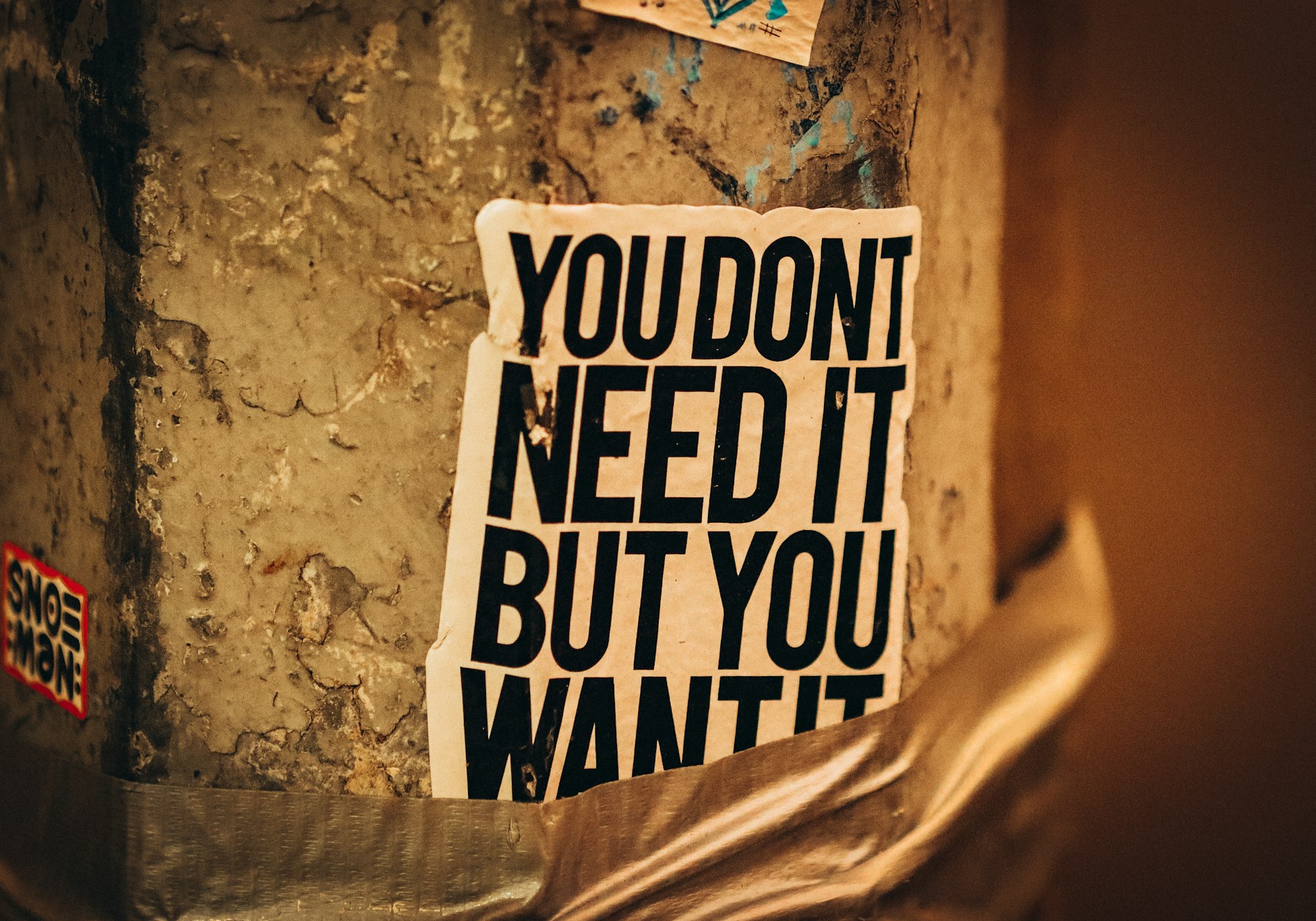May 21st, 2024
Waste of money

As a continuation to the former blog post of people going broke, I was just yesterday thinking about what spending money actually is. First, you can choose from a couple of ways to spend your hard-earned money: roughly, the choices are to either invest or to consume. Sure, there are other ways, too. Donations, for instance, are hardly investments nor direct consumption. But for most people most of the time, it is about those two options. Since the majority do not invest at all, what in the end is it that people spend their money on?
Let us forego all the typical expenses of living: housing payments, groceries, transportation, and all the other usual necessities people buy for themselves or for their loved ones. After all that, what is left out there? An infinite list of various hobbies, forms of R&R, activities, experiences, services, and just stuff. Can any of that be sensible consuming? Will it make you happy?
The answers to these questions are as endless as the total number of population, so instead, I'll try to reason some of these categories the way I see them myself. Most of all, I'll try to consider them from the angle of whether it would make sense to spend money on them. In no specific order, here goes.
1. Stuff
This is probably one of the most common ones people spend surprisingly great amounts of money on. A while back, I was taking a look at a home that was for sale and during the presentation saw the entire basement flooded with stuff. I mean just stuff. I am talking of board games that have been sitting there for generations, empty egg cartons, broken tricycles, damaged washing machines, a box full of combs, and so on. The list just goes on and on, use your imagination.
You probably know people like that, too. Those people who are so in love with useless crap they keep collecting more and more of it, just to store it somewhere it can then be forgotten. Out of all the items on my list, this is the most straightforward one: never spend your money on useless stuff. In the future, I may have to write a blog post about how to identify stuff that is useless or not.
2. Services
These exist to make your everyday life a bit easier. Fast food so you won't have to cook, laundry services so you won't have to do your laundry yourself, or a cleaner so you won't have to tidy your house. When it comes to these, use harsh judgment. Do you actually need a take-away coffee, or could you brew your own coffee at home? Or perhaps you can just wash those windows yourself so you won't have to hire someone else to do it?
And remember, you are not a child. You don't need a daily 'pampering' or 'indulging yourself'.
3. Experiences and learning
Out of all three main categories of spending money, this is the most clever one in my books. Since you have a single, unique life to spend, you should try to see, experience, and learn as much during it as possible. By learning I do not necessarily mean taking a course in a university (although it may not be a bad idea, either). Even a vacation to travel abroad can be a learning experience as well. Yes, indeed, besides being rewarding, this can be fun, too. You most likely will not be earning any money – at least directly – by spending money on these, but you will definitely still be receiving something in exchange.
In case you don't have the time or money required to travel, this can be something much less, too. Reading a blog post on a worthwhile topic, a book, or a YouTube documentary can go a long way towards you learning something new. The best part of it all is that it may not even have to cost a single penny!
Now let me apologise for the rambling tone and finish here. In the future I may have to write more about minimalism, too.